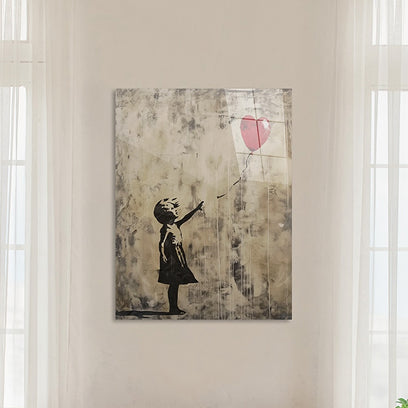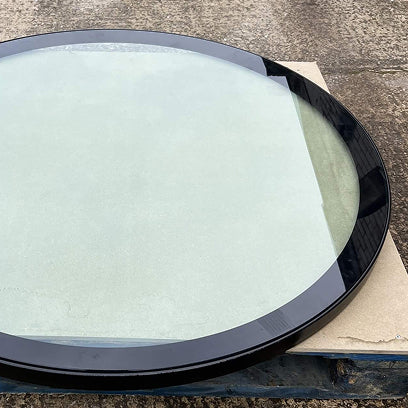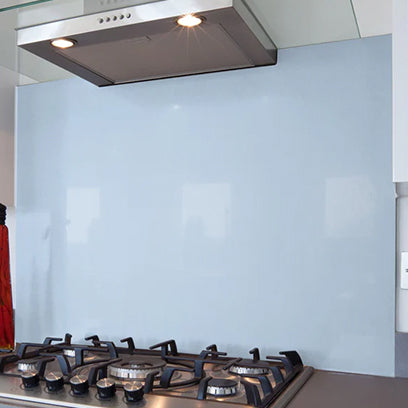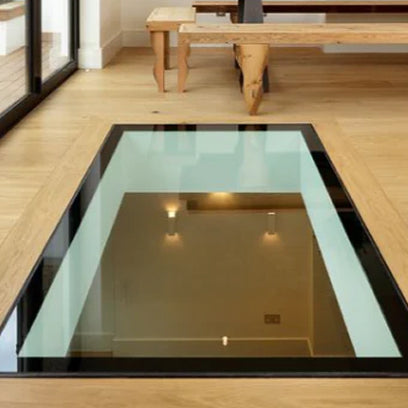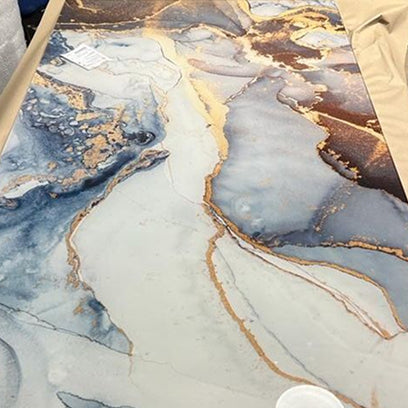What’s the best way to remove soap scum and limescale buildup?
Soap scum and limescale are the two main culprits that can make your shower screen look cloudy and dirty. Soap scum forms when soap reacts with the minerals in water, while limescale builds up when hard water evaporates, leaving minerals behind. Both can stick to the glass, making it look dull and streaky.
The Best Method to Remove Soap Scum and Limescale:
Vinegar and Baking Soda Combo: This little duo is your best friend when it comes to
removing soap scum and limescale. Take it back to basics and mix equal parts white vinegar and water in a spray bottle. Spray it liberally on the glass, especially where you notice heavy buildup. Let it sit for 10-15 minutes to break down the gunk. Then, sprinkle a little baking soda on a damp sponge and gently scrub the affected areas. You’ll be amazed at how easily the soap scum lifts away, plus, it’ll cost you next to nothing…
Lemon and Baking Soda Scrub: If you’re dealing with a particularly stubborn case of limescale, a lemon and baking soda scrub can work wonders. Cut a lemon in half and dip the cut side into baking soda. Rub it on the glass in a circular motion, using the lemon as a natural abrasive. The citric acid in lemons helps break down the limescale, while the baking soda adds a scrubbing action. Another cheap yet highly effective solution! If you’ve got stains that simply won’t budge, you can try a commercial limescale remover. Just make sure it’s safe for use on glass and always follow the manufacturer's instructions.
Don’t have the time to research this? Don’t worry, we’ve done that for you too. Click here to find best limescale removers of 2025.
How can I clean without damaging the glass or any protective coatings?
Some modern shower screens come with special protective coatings that help prevent water spots, soap scum, and limescale from sticking to the surface. Of course, our range (link the word ‘range’ to product page) of bespoke glass shower screens come with this protection as standard.
If your shower screen has this coating, it’s important to clean it carefully to avoid
damaging it.
Here’s the key: Avoid harsh, abrasive cleaners, like scouring pads or steel wool, and any products that contain bleach or ammonia. These can strip away the protective coating,
leaving your glass more vulnerable to stains.
Instead, use gentle, non-abrasive cleaners, and always clean in a circular motion to prevent scratching the surface. You can also use a squeegee after each shower to wipe away excess water and soap residue, keeping your screen sparkling with minimal effort.
What to Do If the Glass Is Already Damaged by Hard Water Stains or Limescale?
If your glass has been subjected to years of hard water and limescale buildup, it’s possible that the surface is already showing signs of damage. Over time, stubborn stains can etch into the glass, leaving permanent marks. Frustrating? Yep.
But don’t fret - there are still ways to restore the glass’ clarity, although it may take a little more elbow grease. Here’s what you can try:
Glass polishing: For mild etching or haze, try a specialised glass polish. These products are designed to gently buff away the stains and restore clarity to the glass. Apply a small amount to a soft cloth and rub in a circular motion, focusing on the affected areas.
Professional help: If the damage seems too far gone and you can’t seem to get the glass looking good as new, it might be time to call in the professionals. Many glass repair services specialise in restoring the clarity of shower screens, even in cases of deep etching or damage.
How can I clean the metal frames or hinges around the glass shower screen?
The metal frames and hinges around your shower screen are just as prone to buildup as the glass itself. Soap scum and water stains can quickly accumulate, leaving your metal surfaces looking dull and grimy.
Here’s how to clean and maintain them:
Non-abrasive cleaners: Use a gentle cleaner, such as a mixture of vinegar and water, to wipe down the metal frames. Be sure to avoid harsh chemicals that could cause
discoloration or rust.
A toothbrush for tight spots: The small crevices around hinges or joints can be tricky to clean. Grab a soft-bristled toothbrush, dip it in your vinegar-water solution, and gently scrub away any buildup. Just be sure to bin the toothbrush once finished!
Polish the metal: After cleaning, give your metal surfaces a little shine by polishing them with a soft cloth and a metal cleaner designed for chrome, stainless steel, or whatever material your frame is made of. This helps to maintain the aesthetic and prevent rusting.
How can I keep my shower screen clean longer and make maintenance easier?
You’ve worked hard to get your shower screen looking pristine, so let’s talk about how to keep it that way with minimal effort. These simple tips will help you maintain that sparkling shine for longer:
Squeegee after every shower: The simplest way to prevent soap scum and water spots from building up is by using a squeegee after every shower. Just give the glass a quick once-over to wipe off any water droplets. This prevents minerals from settling into the glass and causing buildup.
Use a daily cleaner: Invest in a daily shower cleaner that you can quickly spray and wipe down your screen after each use. These products help reduce soap scum and limescale from forming in the first place.
Install a water softener: If you live in an area with hard water, consider installing a water softener. This can significantly reduce the amount of grubby buildup in your shower, keeping your glass and metal surfaces cleaner for longer.
With these tips, your shower screen will stay sparkling clean, and you’ll avoid the frustration of dealing with stubborn (and let’s face it, unpleasant) gunk. A little regular maintenance goes a long way!
Contact our glass specialists today to find out more about our products and services.





